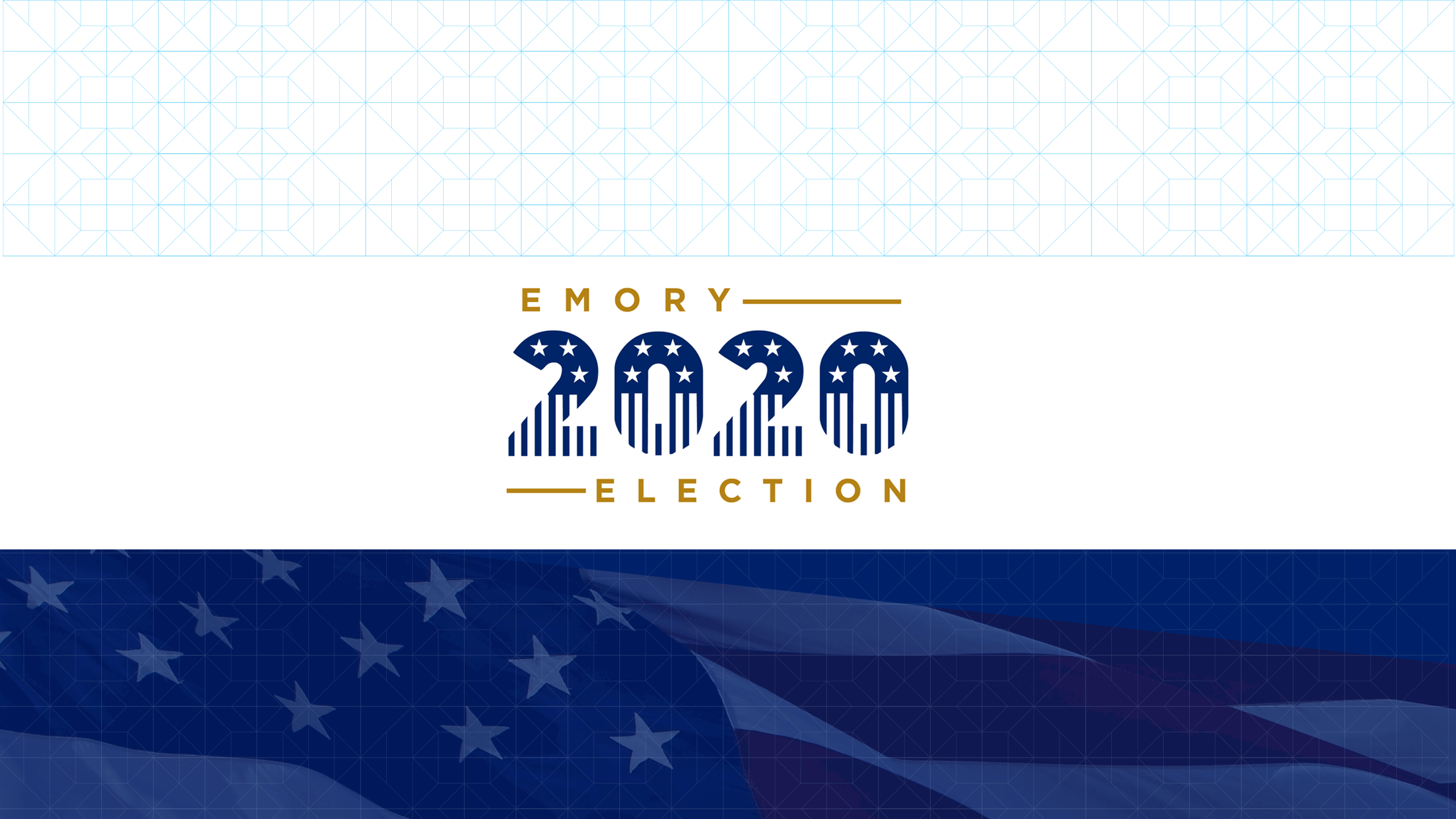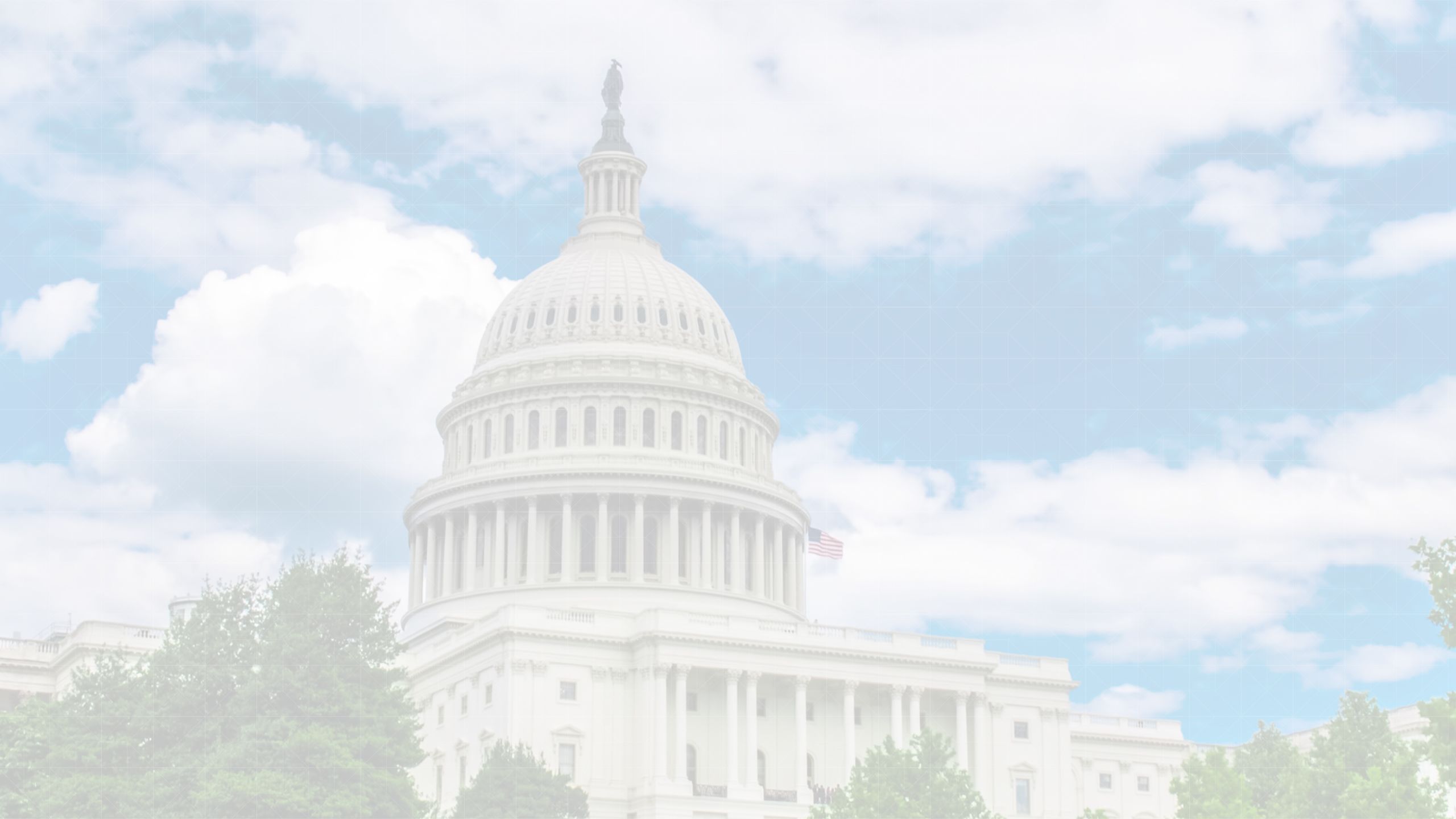

BERNARD FRAGA, associate professor of political science, Emory College of Arts and Sciences
Call it the Turnout Gap — the tendency for election turnout among Black, Latinx and Asian American voters in the U.S. to lag behind their white counterparts.
Campaign strategies can play a critical role in targeting and mobilizing voters, influencing who votes and who stays at home, says Bernard Fraga. But this isn’t a business-as-usual year, and he sees Democrats working hard to shift that historic voting gap, especially in Southern and Southwestern states where minority voters “could play a key role in a path to victory.”

Bernard Fraga, associate professor of political science at Emory College of Arts & Sciences, discusses if the 2020 presidential campaigns are effective in mobilizing all Americans to vote.

In this election, for the first time, Latinx voters will comprise the nation’s largest non-white voting bloc, which highlights their growing political influence in American politics, he says. And that means strategies to target this group — especially for registration drives and campaign messaging — could have an impact, particularly in states like Texas and Arizona.
A global pandemic has likely made it harder for both parties to make inroads with voters in minority communities, according to Fraga. And recent polling indicates ethnic minority voters are less likely to trust vote-by-mail options, preferring to vote early and in person, he says. Whether or not campaigns can counter their concerns remains to be seen, he adds.
Studies show that voters turn out at higher rates when they perceive that their votes really matter, Fraga notes. But while the nation’s ongoing protests for racial equity and social justice have undoubtedly changed American public opinion, he doesn’t anticipate they will sharply influence election outcomes — most voters have simply already made up their minds.
The 2018 midterm elections ushered in the nation’s most diverse electoral field to ever run, and Fraga sees that trend continuing this year — even in districts where historically candidates might not have stood a chance of winning.
“Beyond the presidential election, in the U.S. House and even state legislatures we’re seeing a tremendous growth in non-white or minority candidates running in districts where those groups don’t make up a majority of that population,” he says. “Candidates now feel they can win in places that in the past they were told it would be impossible.”
Bernard L. Fraga is author of “The Turnout Gap: Race, Ethnicity, and Political Inequality in a Diversifying America” (2018). Learn more about him here.




EMORY VOTES INITIATIVE

Every eligible member of the Emory community is strongly encouraged to make their voice heard by voting in the 2020 general election, no matter where they are learning and working this semester.
To help promote civic engagement, the Emory Votes Initiative (EVI) provides nonpartisan voter information and support for students, faculty and staff members.
Through the EVI website, voters can chart a path to the polls with resources such as TurboVote, which provides election information deadlines and reminders; learn about absentee and vote-by-mail options; and discover digital opportunities for community engagement.
EVI and the Emory Alumni Association are also hosting several opportunities to engage with Emory's election experts. Visit the EVI calendar or the Emory Alumni Association for more information about upcoming events, including an Oct. 29 last-minute analysis with professor Alan Abramowitz and Nov. 5 post-election analysis with professor Andra Gillespie.
To encourage all employees to exercise their right to vote, Emory’s Voting Policy allows up to four hours of paid time for the purpose of voting. Those four hours may be used for either early voting or voting on Nov. 3. Those who intend to use this paid time in order to vote should notify their supervisors in advance.

To learn more about faculty insights related to the 2020 presidential election, visit Emory Election 2020.

NEED TO KNOW MORE?
Please visit Emory University and Emory News Center.

